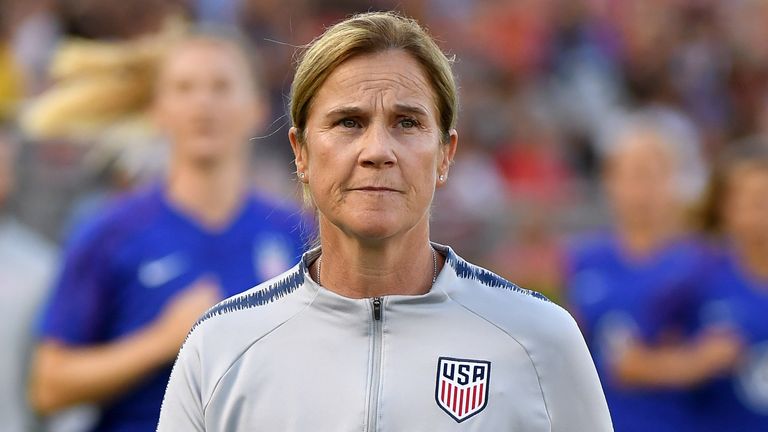Players will receive full remuneration if they exercise an entitlement to miss training sessions or matches for menstrual health reasons as one of a host of new regulations for women’s football introduced by FIFA.
The changes to the Regulations on the Status and Transfer of Players (RSTP), which come into effect on Saturday and were unanimously endorsed by the FIFA council earlier this month, build on existing regulations that were first announced by FIFA in November 2020.
The announcement also includes new provisions for adoptive parents and non-biological mothers.
While the 2020 reforms – which outlined global minimum labour conditions for players – did include a minimum 14-week maternity leave, it was at the time enshrined for players only.
Coaches will now also be allowed the same, while a minimum of eight weeks’ paid absence have been granted to female players or coaches who have adopted children aged younger than two, reduced to four weeks for a child between two and four years of age and to two weeks for a child older than four.
Jill Ellis was in charge when the United States won back-to-back World Cups in 2015 and 2019, and adopted her then three-year-old daughter when she was coaching a US college team.
The 57-year-old, who led the Technical Study Group at last summer’s World Cup, said: “(A football career) shouldn’t be exclusive of being a mum or raising a child, it should be inclusive of that.
“If I didn’t have support around me, I wouldn’t have had the ability to do that and maintain my career.
“I think it’s a big statement. These are big steps and big strides to really normalise the life that we go through as women.
“That’s what we want to provide now at every level, the club level, the national team level – the opportunity for pro players to have the chance to be mums.”
A minimum of eight weeks’ “family leave” can also now be requested by players or coaches who are not the biological mother of their children.
Clubs have under the 2020 regulations been allowed to register a player outside the otherwise specified period to temporarily replace one who had taken maternity leave, an exception that has now been extended to finding stand-ins for players who exercise their rights for adoption or family leave.
Players returning to football after taking pregnancy, adoption or family leave may also be registered outside the appointed periods.
West Ham midfielder Dagny Brynjarsdottir, Everton forward Toni Duggan and Chelsea midfielder Melanie Leupolz are among the Women’s Super League players who have returned to action after giving birth, while in March Arsenal defender Amanda Ilestedt announced she was expecting her first child.
The new rules around menstrual health are designed to ensure players do not fear repercussions for missing out on training or matches due to related issues.
FIFA chief football women’s officer Dame Sarai Bareman said: “When you’re playing sport for a living, and in a professional environment, we have to factor in that the female menstrual cycle can also impact on your ability to deliver within your role.
“So, it’s important that we protect those that are affected by their menstrual cycles in a way that it doesn’t put at risk their employment situation with their club and, ultimately, their ability to earn money.”
FIFA has outlined the minimum standards, but individual clubs and organisations are welcome to do more.
While not enforceable, member associations have also been encouraged to provide a “family-friendly” environment for players with children.
Bareman added: “In a World Cup, a player can potentially be away from her family for five or six weeks, and that can have a big toll on the player, mentally, but also on the child.
“Encouraging the member associations to make provision or to allow for those mothers and parents to have the children with them during the camp, during the tournament, is a really important step which will support not only female players but all players in our sport.”








